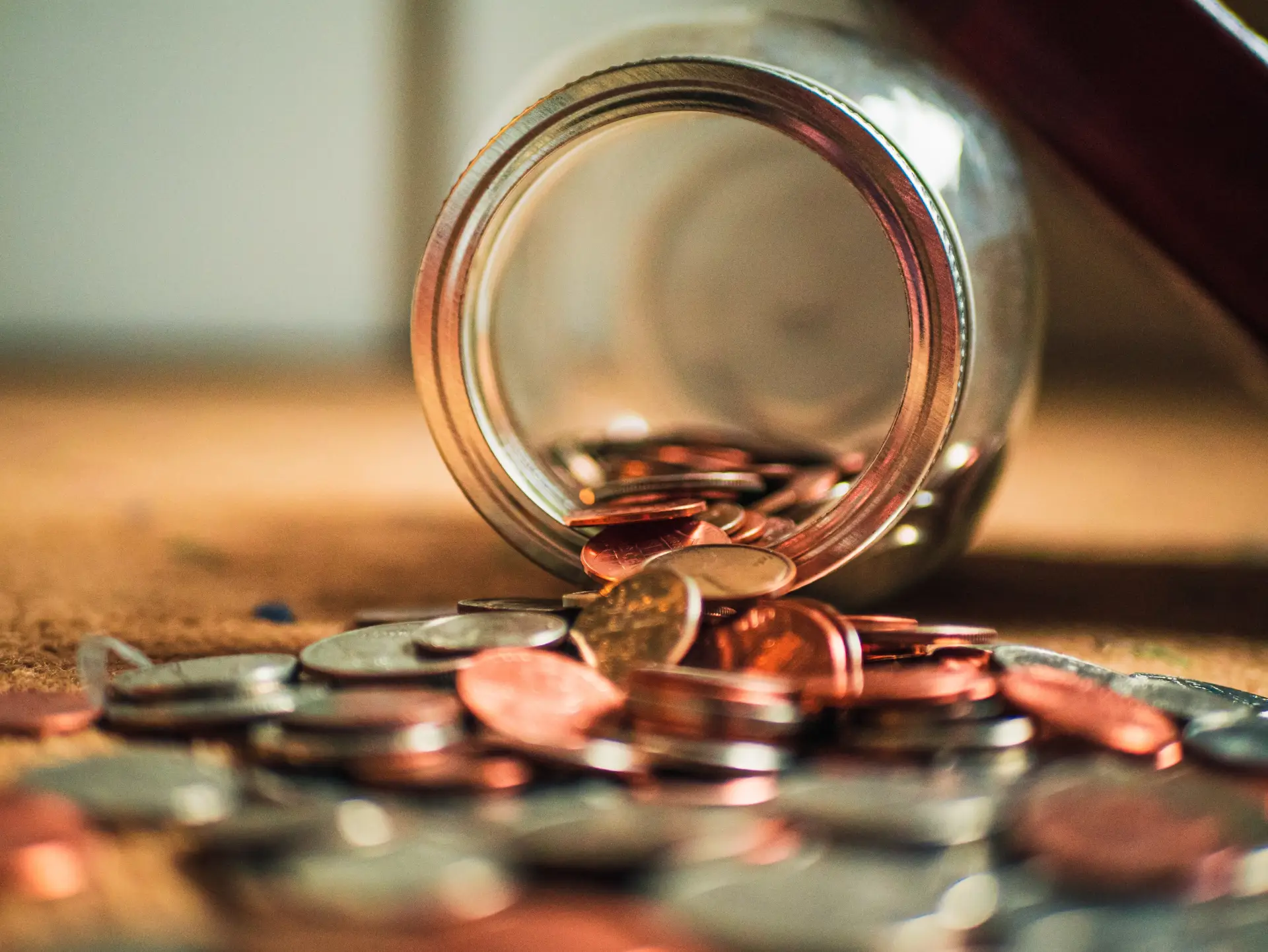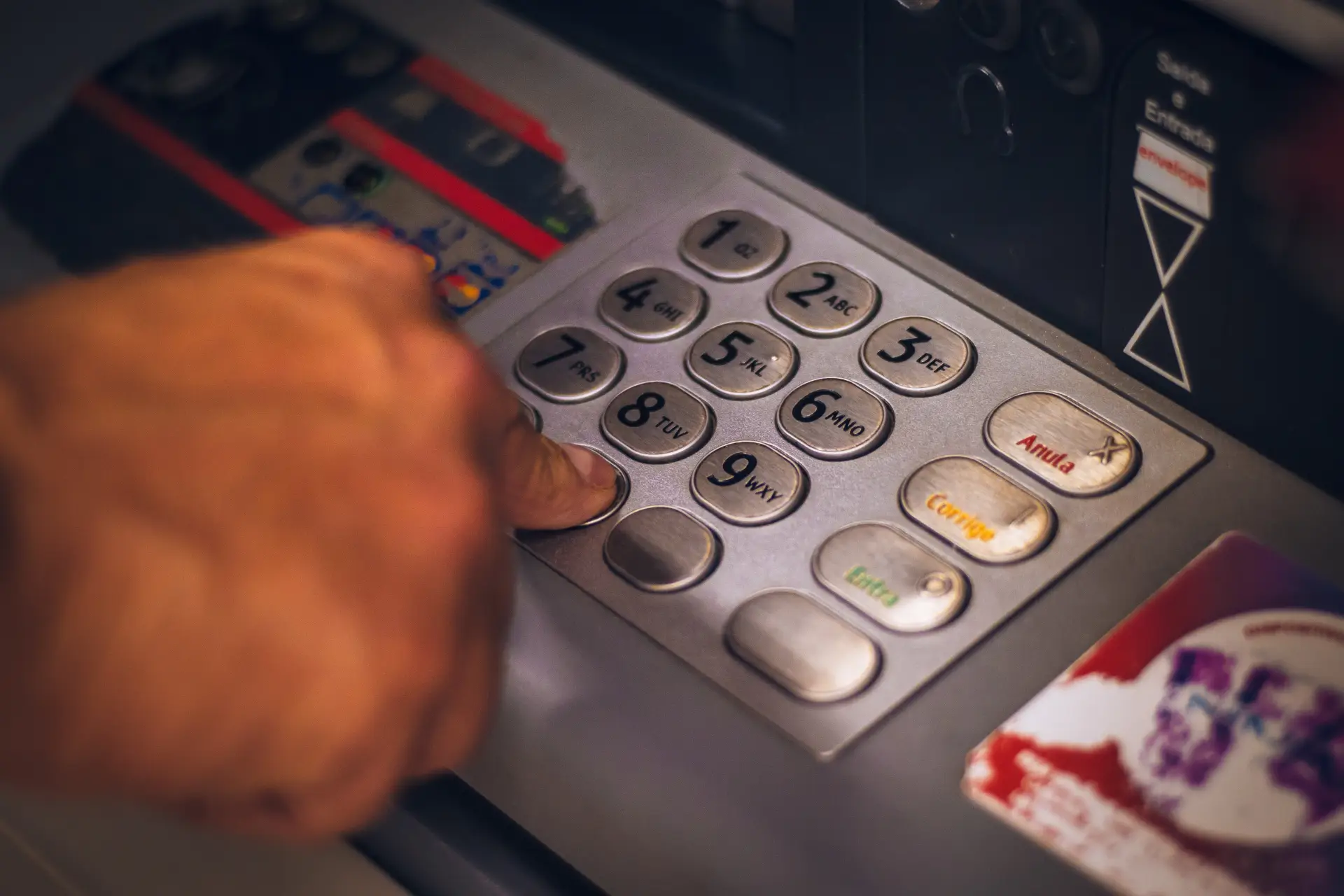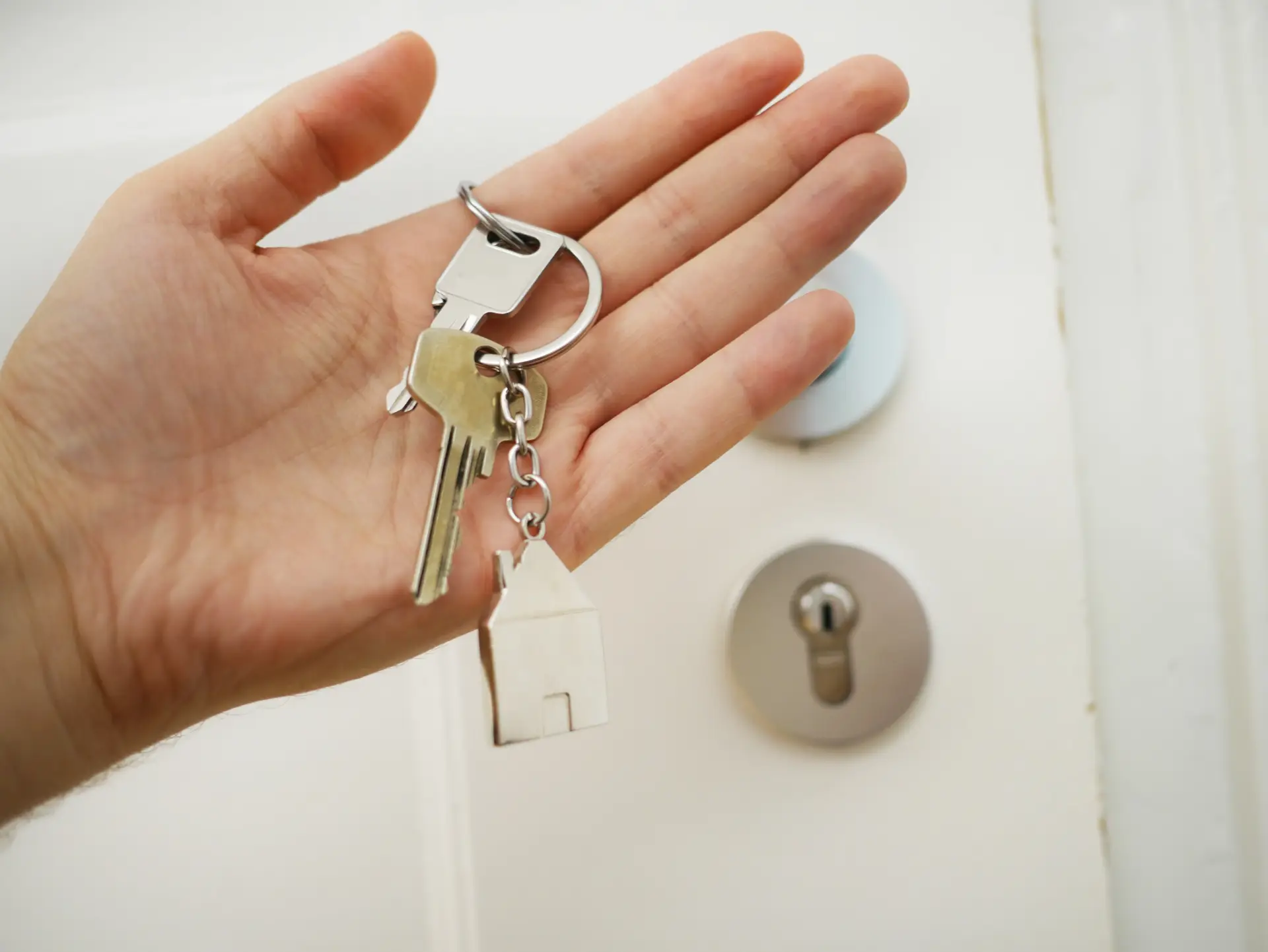Saving money is all about planning and restraint. You will only be able to save if you have a plan in place, and it’s only possible to restrain yourself if you know how much money you’re spending. These are some tips for saving money as an average person.
Make A Budget
The first step to saving money is understanding how much you spend on rent or bills. That means making a budget and sticking to it.
This can be scary at first, but once you get the hang of it, you’ll see how useful and empowering it is to have control over your finances. The best way to save more money is by setting both ambitious and achievable goals in the selected time frame (for example: “I want to be able to afford an apartment with my girlfriend by next summer”).
Cook At Home More Often
If you’re going to eat at home more often, it’s a good idea to learn how to cook! Cooking your food is cheaper than eating out and can save you time.
The internet is full of recipes and tips on how to cook healthy meals that are easy on the wallet. If you don’t know how to cook, don’t worry—you can learn!
Most grocery stores have cooking classes where they teach people how to make healthy meals that are simple and affordable. If you have time but not money, this is a great way for beginners like yourself (or even experienced cooks) who want to learn new tricks without breaking the bank.
Track Your Spending
If you want to get serious about saving money and ensuring you’re not overspending, then track your spending. You can do this in a spreadsheet, an app (like Mint or Acorns), or a budgeting notebook. The tracking method doesn’t matter—what’s important is that you’re tracking all of your expenses.
Make a List for Grocery Shopping
The first thing that you should do is go grocery shopping with a list. Making sure you have everything on your list makes it much easier to buy only what you really need. This will also ensure that nothing gets forgotten and wasted in the back of the refrigerator.
If you are buying more than one item from each category, try to get a good deal on multiple items at once. This will prevent you from ending up paying full price for part of your meal or groceries since this can add up quickly over time!
Get Creative with Inexpensive Foods
A great way to save money is by using your creativity to make inexpensive foods into something new and delicious. There are many ways to do this, but here are a few ideas:
Use Leftovers
Did you have too much spaghetti last night? Make a sauce with it, and top it off with some cheese! Or make soup out of it! Or make stir fry! The possibilities are endless—and so are the savings.
Use Scraps From Other Meals
If you don’t want to waste food, try making something else from what’s leftover in the fridge or on your plate after dinner (or even before). You never know—it might be perfect for an appetizer or dessert later in the week (or month).
Think Outside The Box
When planning meals around what’s cheap at the store that day—and then search online for recipes based on those ingredients. There’s no better feeling than saving money while still eating well!
Never Throw Anything Out Until You Have To
Sometimes, the best way to save money is not to throw things out when you could still use them. If a food item isn’t expired and has been stored correctly, it’s more likely that someone else would be able to use it than an expired item.
For example, if you have milk in your fridge that has gone bad but hasn’t yet spoiled, there are ways that other people can use it instead of throwing it away:
- Someone with a baby might be able to use milk for their child.
- People with dietary restrictions might appreciate having milk as an alternative source of dairy products in their diet.
Every time you go through your house and decide whether something should be thrown away or donated, ask yourself if there’s anyone who could benefit from using what you were planning on getting rid of.
These tips will help you save some cash and get on track for the future. Remember that a bit of planning goes a long way. So set yourself up for success by ensuring you have all the information you need before deciding or buying something expensive.




